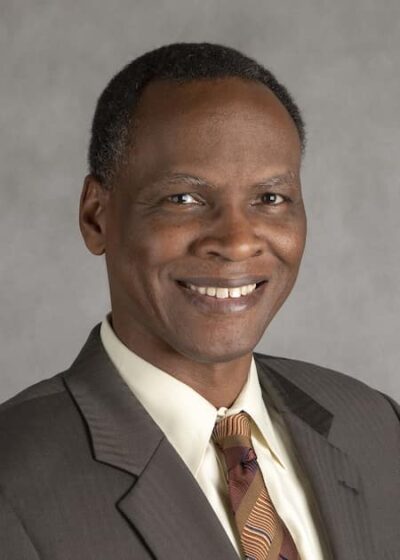Opportunity Rising
Institutional Investor’s Diversity, Equity and Inclusion Roundtable in Chicago recognized 12 industry leaders for their commitment to and leadership in diversity initiatives. Here are some excerpts from our conversation with Kirk Sims.
At the Teacher Retirement System of Texas since 2019, Kirk Sims has held the role of Head of the Emerging Manager Program at the state’s largest public plan. TRS of Texas holds a market value of about $180 billion. The Emerging Manager Program is divided 80/20 among private and public markets. They are two-thirds hedge funds, one third long only, and on the private side, the breakdown includes a little over a third in private equity, followed by real estate – and then infrastructure on the public markets side.
As Senior Director of the program, Kirk works with a team of three to oversee $5.9 billion, 53% of which is with diverse managers. Having first started in Research at UBS Global Asset Management, then conducting investment research more recently at Prudential Retirement, he has distinguished himself by building inclusiveness among his team.
The following has been edited for clarity.
 What does diversity mean to you?
What does diversity mean to you?
D, E, and I to me implies opportunity. The way that I have approached the world means looking for talent across the entire spectrum without any barriers, and I think that’s important as you evaluate investment opportunities’ ability to generate excess returns. It’s important to the point that TRS has hired a diversity and inclusion officer, not just for the Investment Management Division, but for TRS as a whole.
I think it’s important to have an inward and outward view on this area, so we recently hired a firm to help us to get more data from our managers, on how their internal structures work. Let’s be clear that public pension plans share information with each other. I know a number of our peers who are doing this exact same exercise, so that when we have conversations, we have a level playing field.
What does an inclusive industry look like?
The organization is looking to build the most diverse workforce that it can, which starts at the interview process, trying to get more diverse candidates to apply to the organization, and once they’re there, in the organization, to be as inclusive as possible. One of the things that has happened since our diversity officer has arrived is the concept of ERG, the Employee Resource Group, so we now have employee resource groups for the IMD Women, LatinX Network; a caregivers’ network, and the Black Employee Network that I started.
We also have to look at ourselves and our peers and say, “Well, who are the decision makers at the organization?” The more diversity of thought you have, the more diverse representation that you have there will be more important.
The managers would have more representation in the senior and executive ranks, but also the allocators would have a more diverse profile.
What feedback are you receiving?
The hiring of the diversity inclusion officer resonated a lot with my peers: People took that as a “pretty significant step,” and I’ve had a number of conversations among my peer set around DEI and the data.
How do you see diversity evolving over the next five to 10 years?
What I would hope is to see larger organizations – the bulge bracket organizations – having better representation in the executive and senior levels of their organization. I think that is extremely valuable because that level of representation is going to be the next new manager that comes out.
You have to have a certain level of expertise; you have to have a certain level of capital in order to launch your own team. It comes from when you have hit the senior level of the organization that you’re working at. Hopefully in the next three to five years, given the language that has been going on for the last year and a half, you’ll start seeing that the senior managers of X, Y, Z organizations are starting to look diverse.
What is your proudest accomplishment?
What matters to me is respect within the industry. I appreciate people who reach out to me and say, “Kirk, what do you think about A, B, C, D?” because it hopefully shows that I have a certain amount of expertise in what I do. As far as me, I will keep providing the best opportunity for outperformance that I can on a Plan level, and I expect to continue allocating to diverse managers because of that.
What I’m trying to do is build a relationship that moves from my program into the TRS program, and you have to have a certain level of skill in order to generate excess return, but also grow, so if you’re looking for firms that are $3 billion or less, you should naturally pick up diverse managers because so many of those profiles fit in my parameters.
For the full list of DEI Award winners, visit Allocator Intel here.
To discuss the content of this article or gain access to like content, log in or request membership here.

